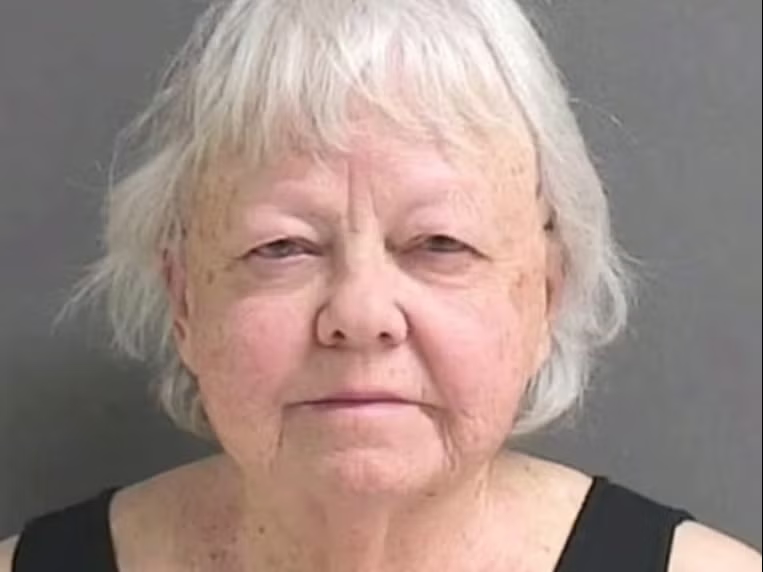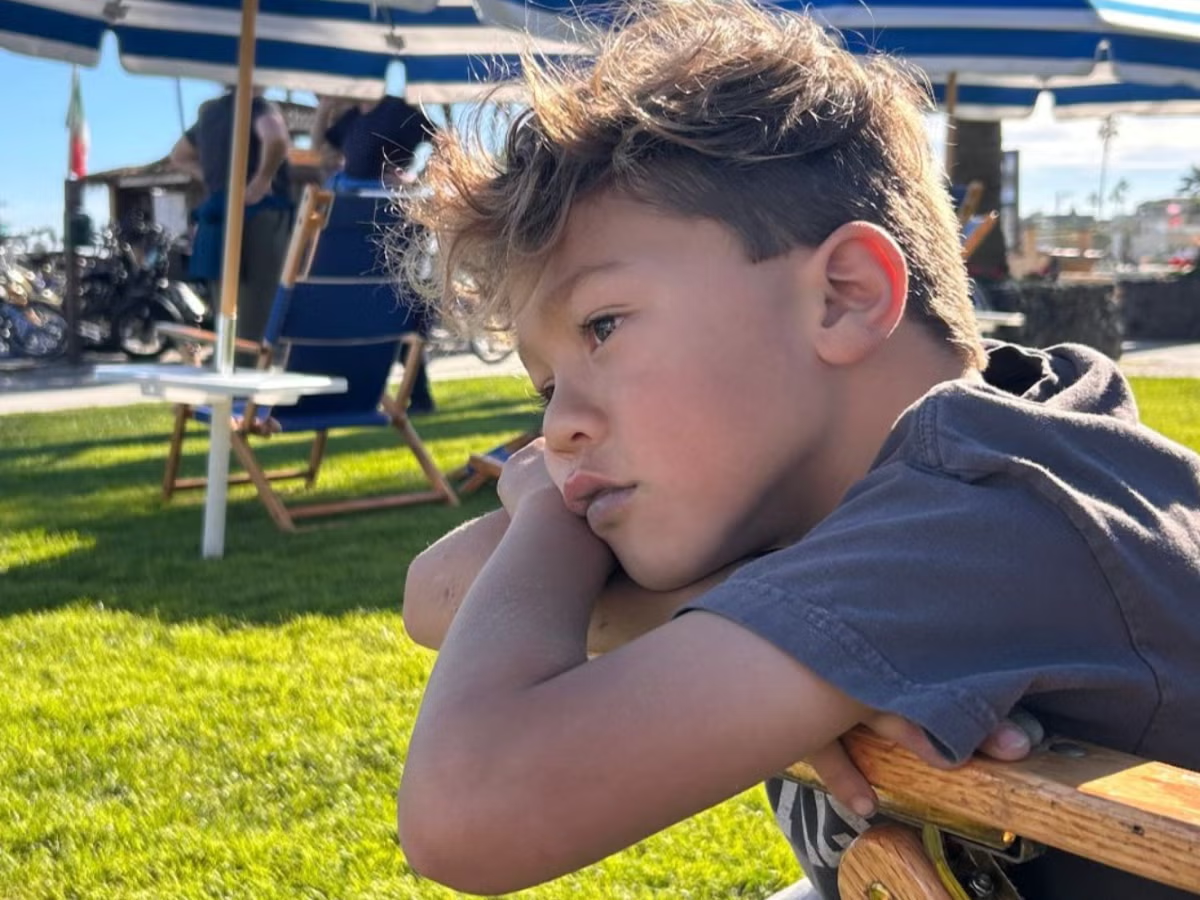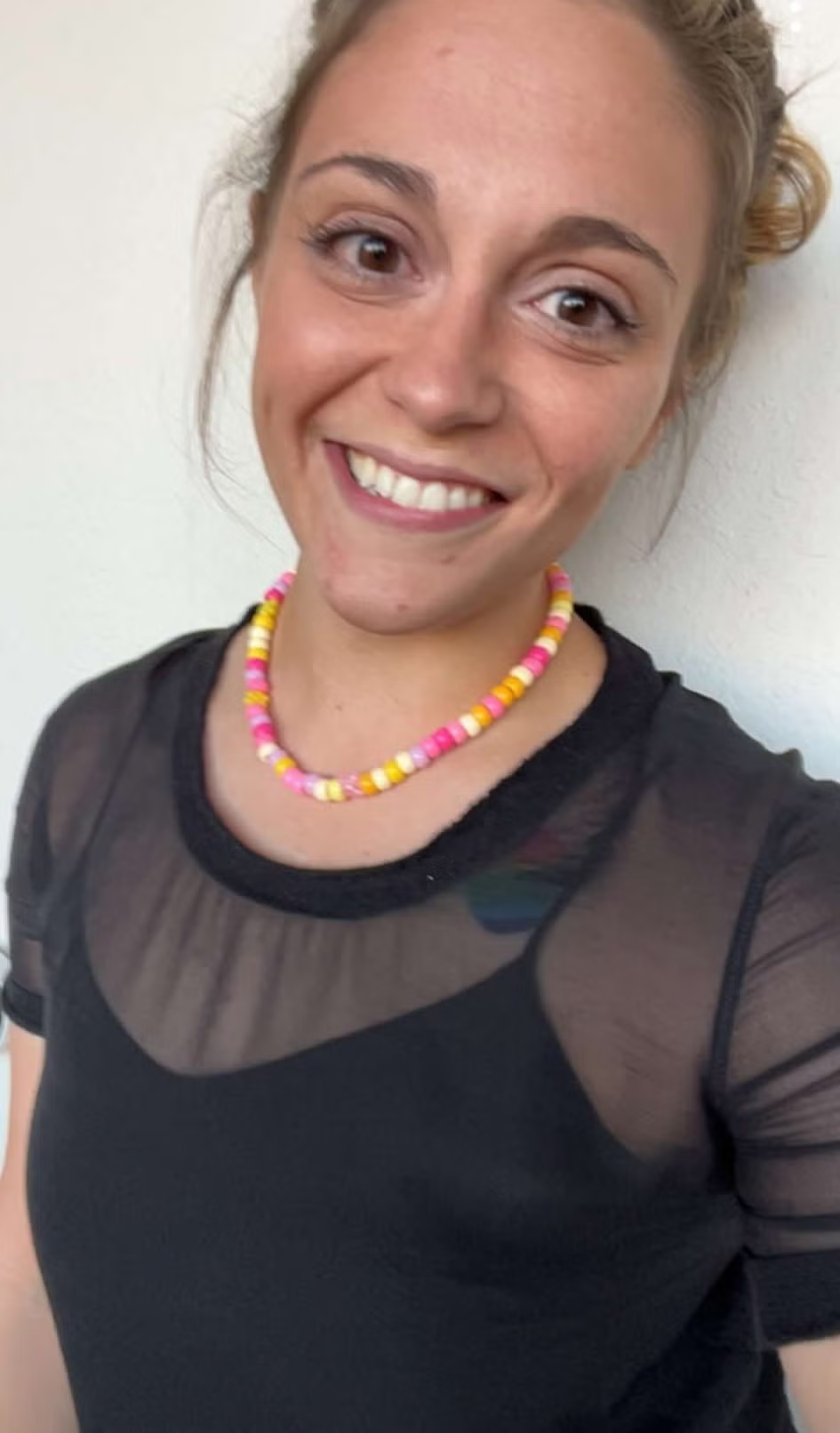When her instincts snapped on like a silent alarm, nurse Tiara McCoy realized something wasn’t right. It was an ordinary day at Piedmont Healthcare’s Northside campus in Macon, Georgia—but what unfolded could have been a chilling chapter of human trafficking. Instead, thanks to one vigilant caregiver, it became a lifeline.
McCoy was working pre‑op when a young girl arrived for a surgical procedure accompanied by a much older man. The setting felt routine at first glance, but the nurse noticed subtle jabs of unease: the patient’s eyes darting, the companion’s grip too firm, a voice too soft to belong to someone who had full freedom of motion. Something in the air told McCoy to pause and dig deeper. Reportedly, it wasn’t long before the girl whispered to McCoy that she hadn’t spoken to her family, that the man wasn’t actually her guardian, and that she felt trapped.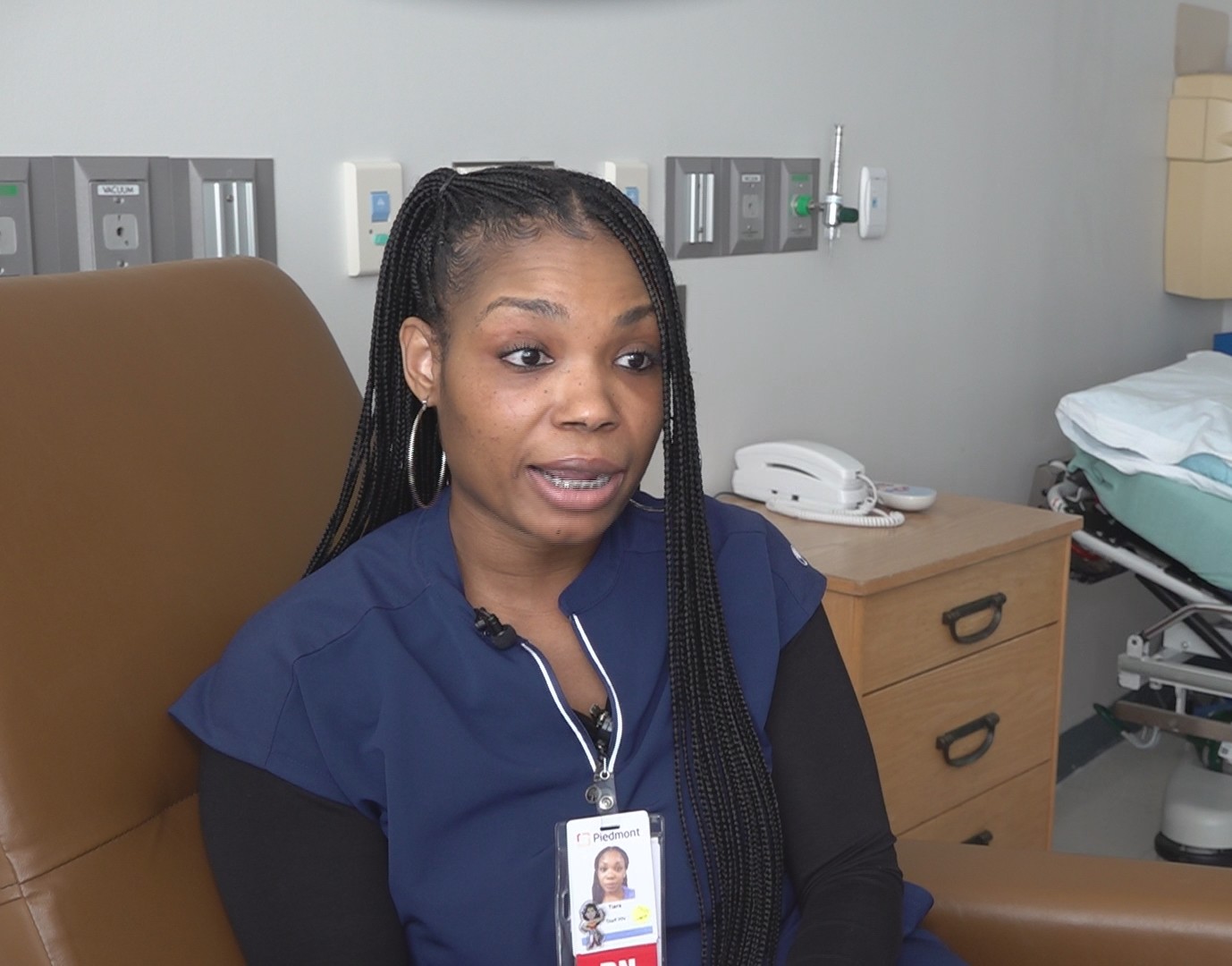

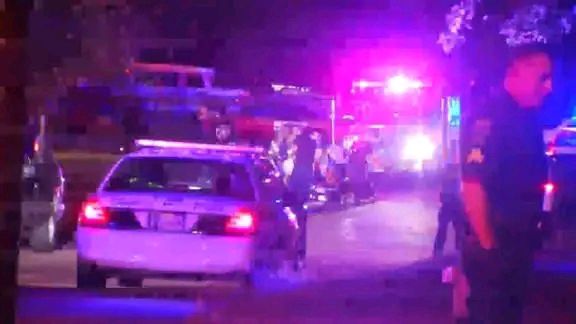
Rather than dismissing the moment as odd but harmless, McCoy made a quiet choice: she created a private space, gently placed a phone in the young woman’s hand so she could quietly contact someone she trusted, and alerted hospital leadership without tipping off the man who accompanied her. From there, hospital social workers and administration stepped in, investigations were triggered, and what had seemed like a pre‑operative visit turned into a rescue.
As it turned out, the girl had been trafficked—both physically and sexually abused—and had been kept away from home and family contact. Thanks to McCoy’s quick actions, she was returned safely to family in a U.S. territory, and the accused escort is now facing law enforcement scrutiny.
In recognition of her courage and vigilance, Piedmont awarded McCoy its highest honor, the President’s Award, accompanied by a $5,000 prize. Georgia’s governor also sent his thanks, praising her ability to “champion patient‑centered care” and to “follow her instincts” even when no script told her to.
Beyond the accolade, McCoy says the moment was about listening, noticing, and caring—not heroism. “If you see something, say something,” she urges peers. She believes this one case shines a light on how frontline healthcare workers can become the difference between entrapment and escape for vulnerable people.
The ripple of this story is unmistakable. It reminds hospital teams and the community that ordinary moments—like a patient arriving for surgery—can hide extraordinary despair. And that one attentive nurse can change a life in the quiet between routines.
In the hallways of Piedmont Northside, amid the hum of monitors and the shuffle of scrubs, McCoy’s quiet warning became a clarion call. A simple question, a soft gesture, a decision to act: those small anchors turned a hospital visit into a rescue, a victim into a survivor, and fear into hope.

